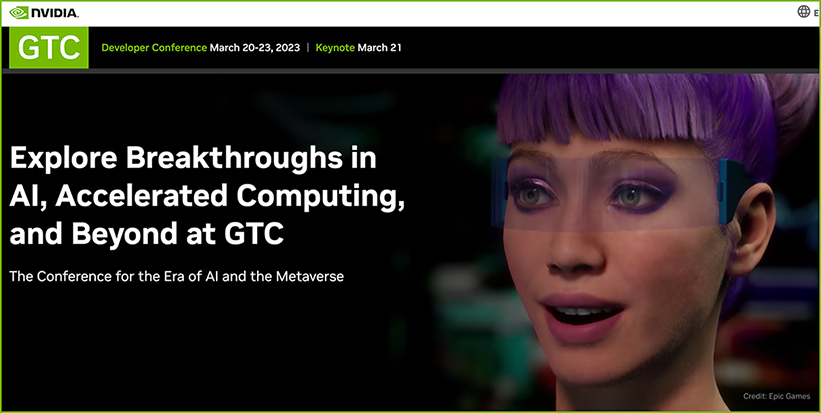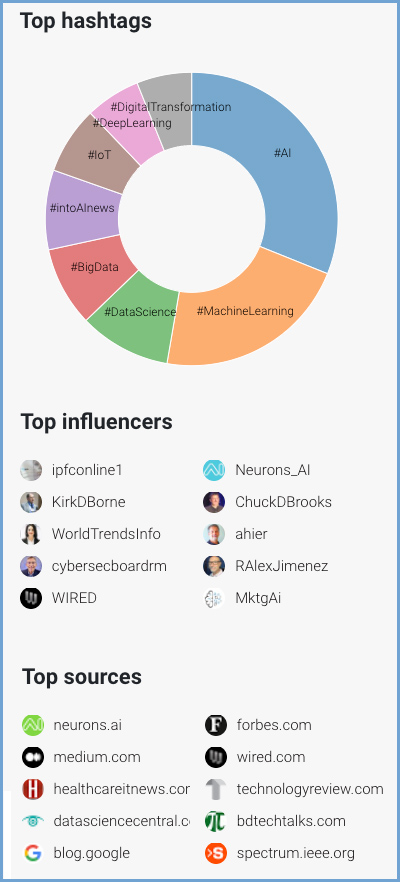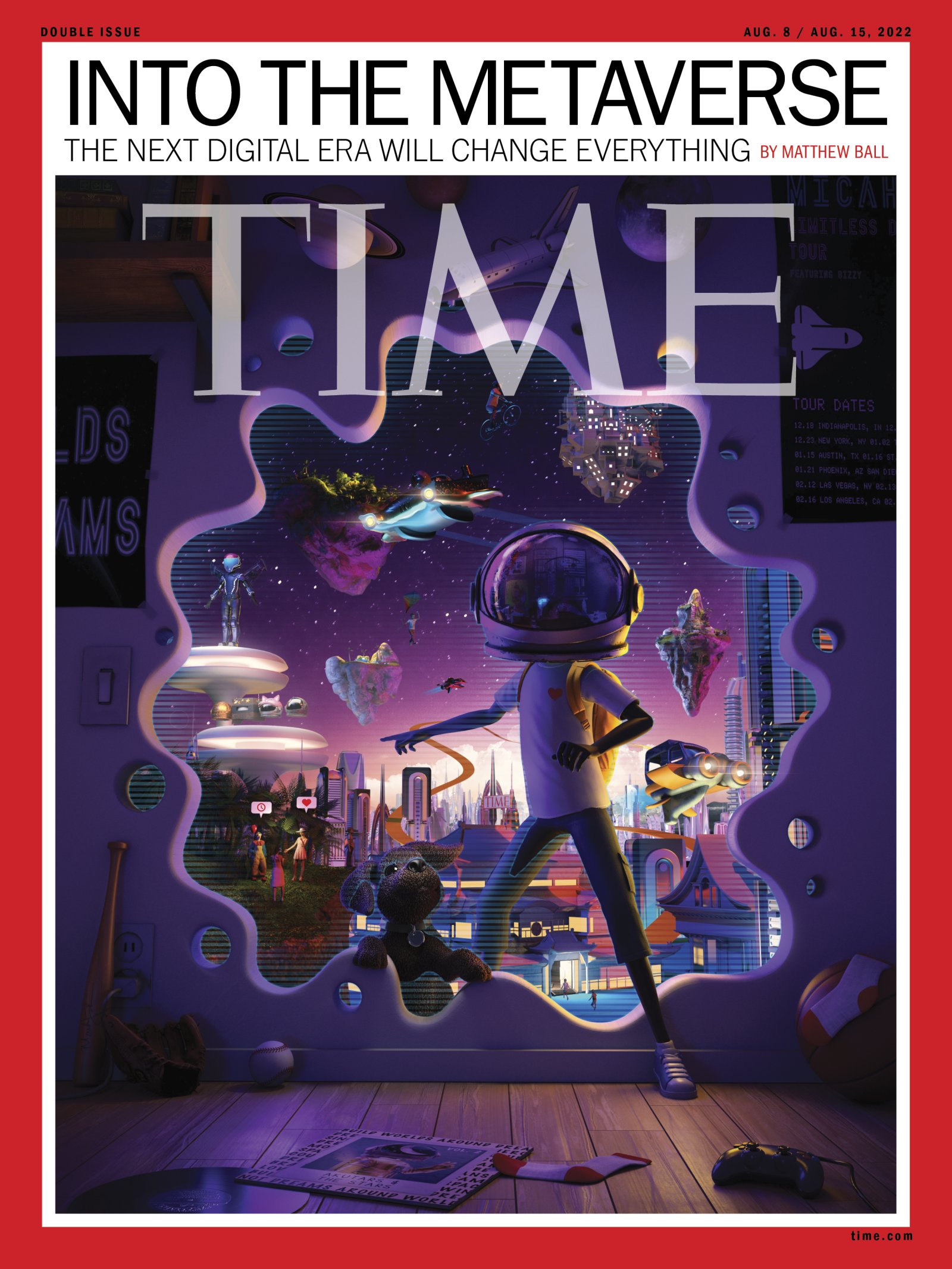Explore Breakthroughs in AI, Accelerated Computing, and Beyond at GTC — from nvidia.com
The Conference for the Era of AI and the Metaverse
Addendums on 3/22/23:
Generative AI for Enterprises — from nvidia.com
Custom-built for a new era of innovation and automation.
Excerpt:
Impacting virtually every industry, generative AI unlocks a new frontier of opportunities—for knowledge and creative workers—to solve today’s most important challenges. NVIDIA is powering generative AI through an impressive suite of cloud services, pre-trained foundation models, as well as cutting-edge frameworks, optimized inference engines, and APIs to bring intelligence to your enterprise applications.
NVIDIA AI Foundations is a set of cloud services that advance enterprise-level generative AI and enable customization across use cases in areas such as text (NVIDIA NeMo™), visual content (NVIDIA Picasso), and biology (NVIDIA BioNeMo™). Unleash the full potential with NeMo, Picasso, and BioNeMo cloud services, powered by NVIDIA DGX™ Cloud—the AI supercomputer.












%3Ano_upscale()%2Fcdn.vox-cdn.com%2Fuploads%2Fchorus_asset%2Ffile%2F24064064%2Fmeta_teddy_square_gif.gif&w=1200&q=75)

